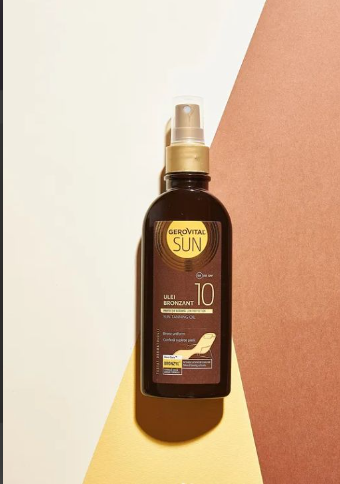Every Little Thing You Need to Know About Sunscreen from Desert Princess Salon!
How much sunscreen should you use? What's the best time to apply it? What type of sunscreen? We've got advice for you.
We don't need to tell you why you should wear sunscreen, we're here to help you choose the right one and appl correctly.

What's the right level of SPF to use?
SPF should be 15 or higher, the longer you are outdoors the higher the number should be. Its also advised to look for 'broad spectry' as this means it protects against UVA and UVB rays.
How much to apply?
Most adults need about 1 ounce - or enough to fill a shot glass - to fully cover their body. Rub the sunscreen thoroughly into your skin. Apply sunscreen to all bare skin. Remember your neck, face, ears, tops of your feet and legs.
If you are using a spray, apply until an even sheen appears on the skin.
TOP TIP! Sunscreen should be reapplied every two hours, more often especially after swimming, heavy perspiration or toweling off.

When to apply sunscreen?
Sunscreen should be applied approximately 15 minutes before your anticipated sun exposure. This is because it takes 15 minutes for sunscreen to sink into the skin to offer its optimal protection.
What goes on first: Sunscreen or Moisturizer?
The best rule of skin care always put your thinnest products on first, and layer on the rest in order of thickness for optimal absorption.
If you opt for a two-step sunscreen-and-moisturizer combo instead of a moisturizer made with SPF, apply your normal moisturizer first, then layer sunscreen (with an SPF of 30 or higher) over it.
Did you know you needed to use sunscreen indoors? Windows - at home, planes, and cars - allow UVA rays to pass through.
We leave the choice of Mineral or Chemical up to you. As something is better than nothing! We Currently stock Gerovital Sunscreen products, pass by to check which works for you!


Mineral or Chemical Sunscreen?
| Mineral | Chemical |
| Mineral sunscreens such as titanium dioxide and zinc oxide are the only sunscreen ingredients marked safe for people who are concerned about long-term exposure to chemical ingredients. | Chemical sunscreens are quick and easy to apply and do not leave a white film on the skin |
| Mineral sunscreens are ideal for children, people with sensitive skin and people with melasma. | In most cases, chemical ingredients provide more complete UV protection than physical ingredients |
| Mineral sunscreen like zinc oxide offer immediate sun protection - no waiting time required. However, require more frequent applications. | They're also more effective at resisting water and sweat, so they're usually the better choice when you're swimming or doing physical activity in the sun. |
| Mineral sunscreens can also be applied on top of makeup and other skincare products. |

